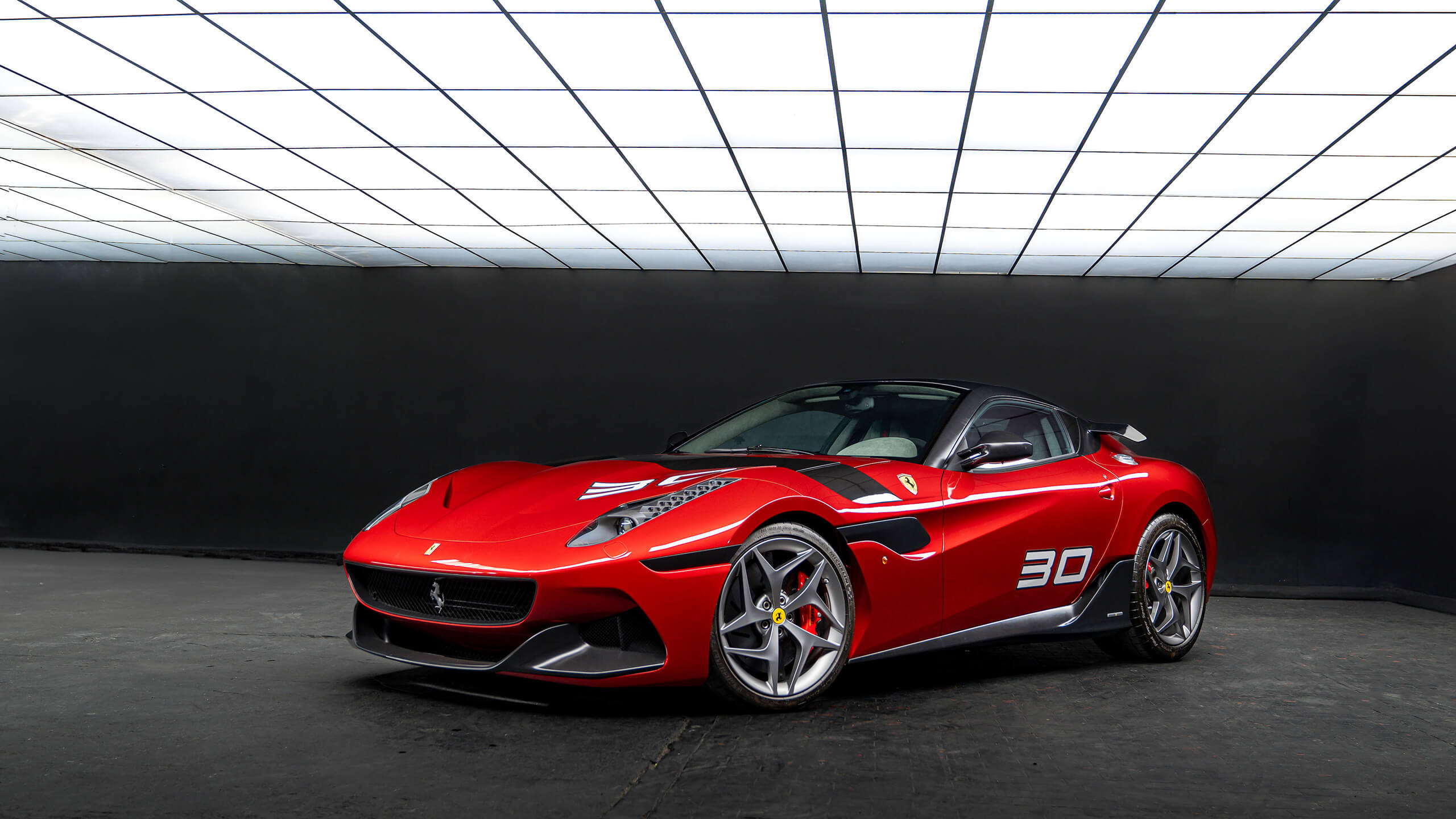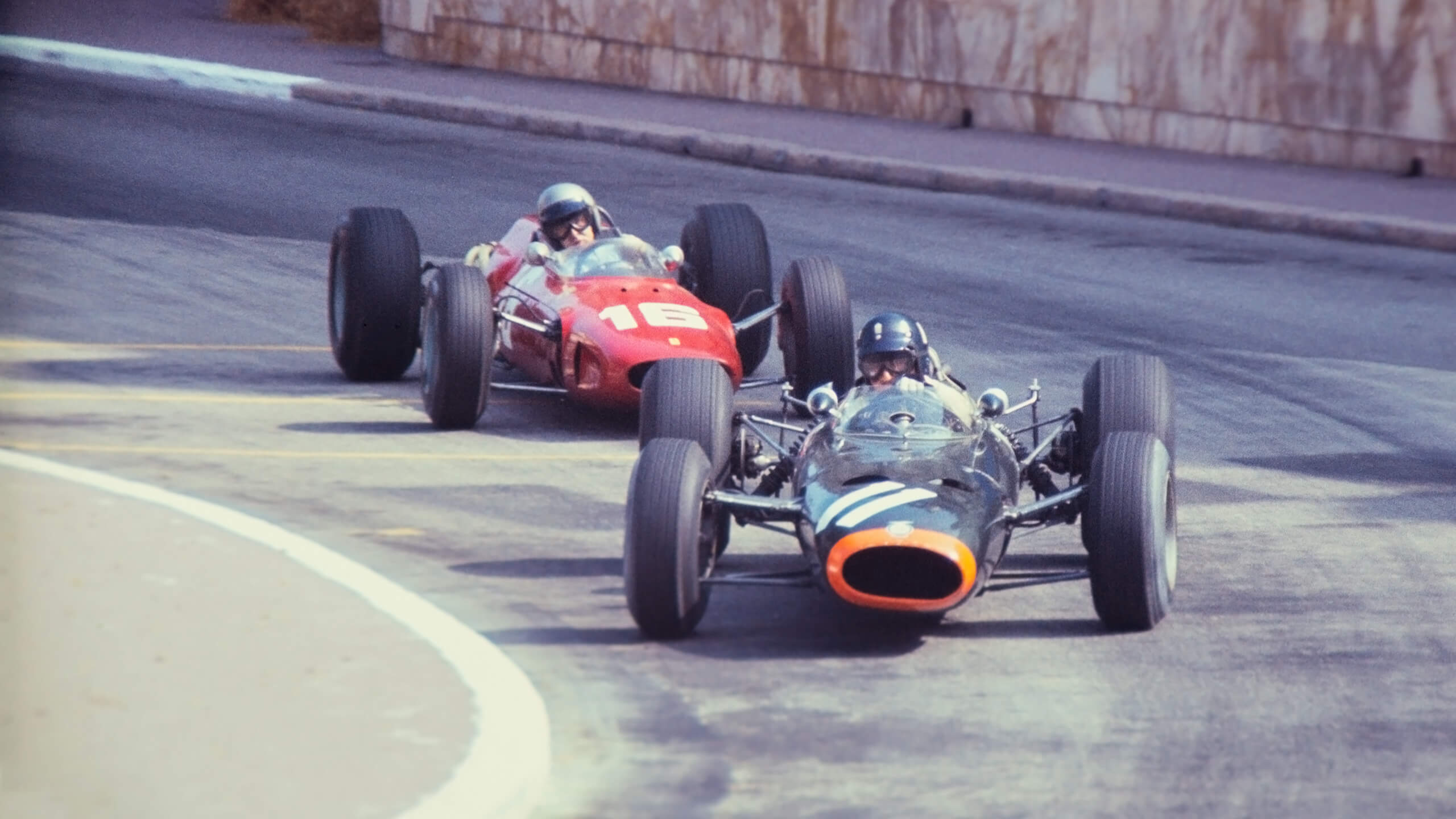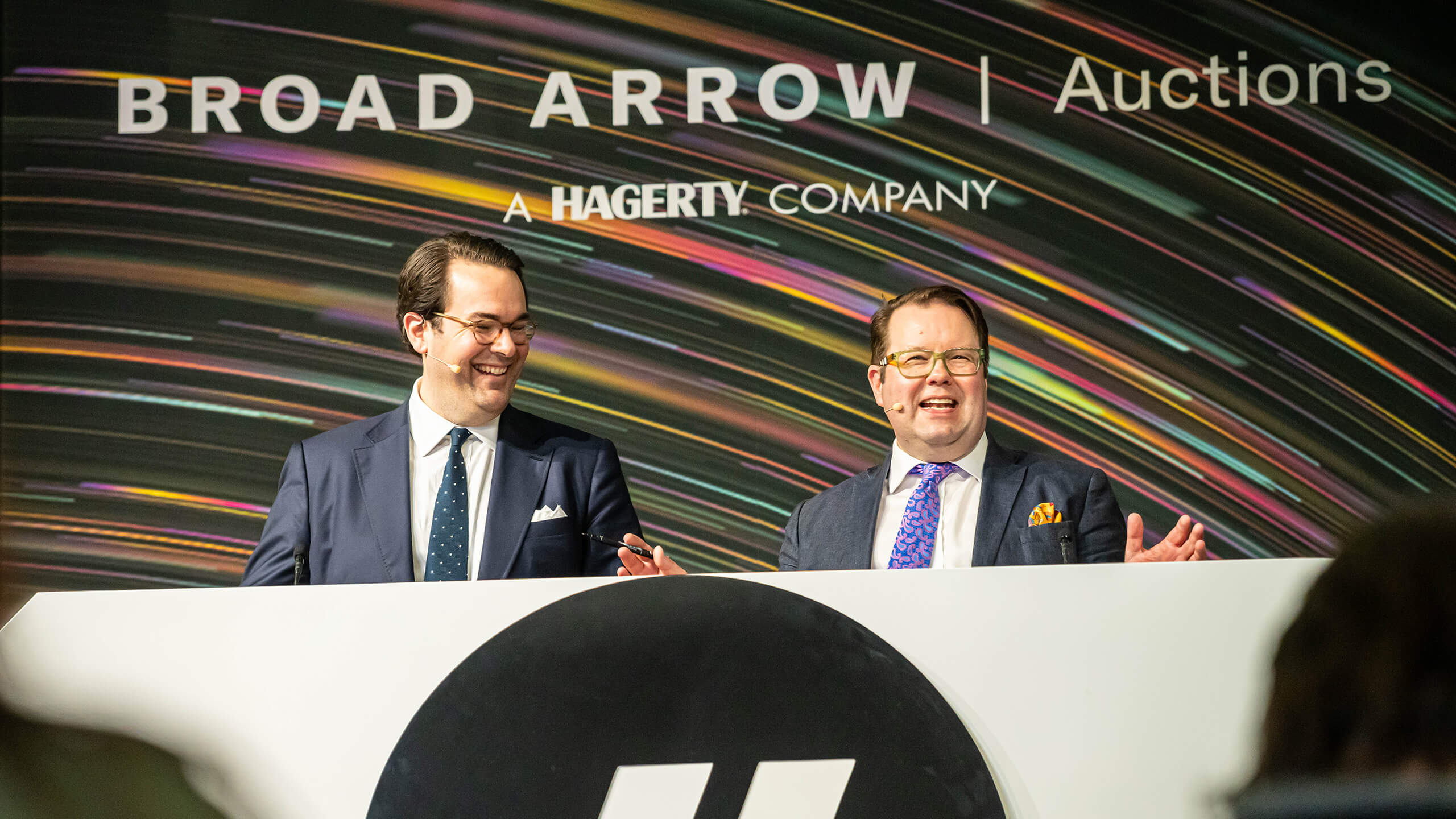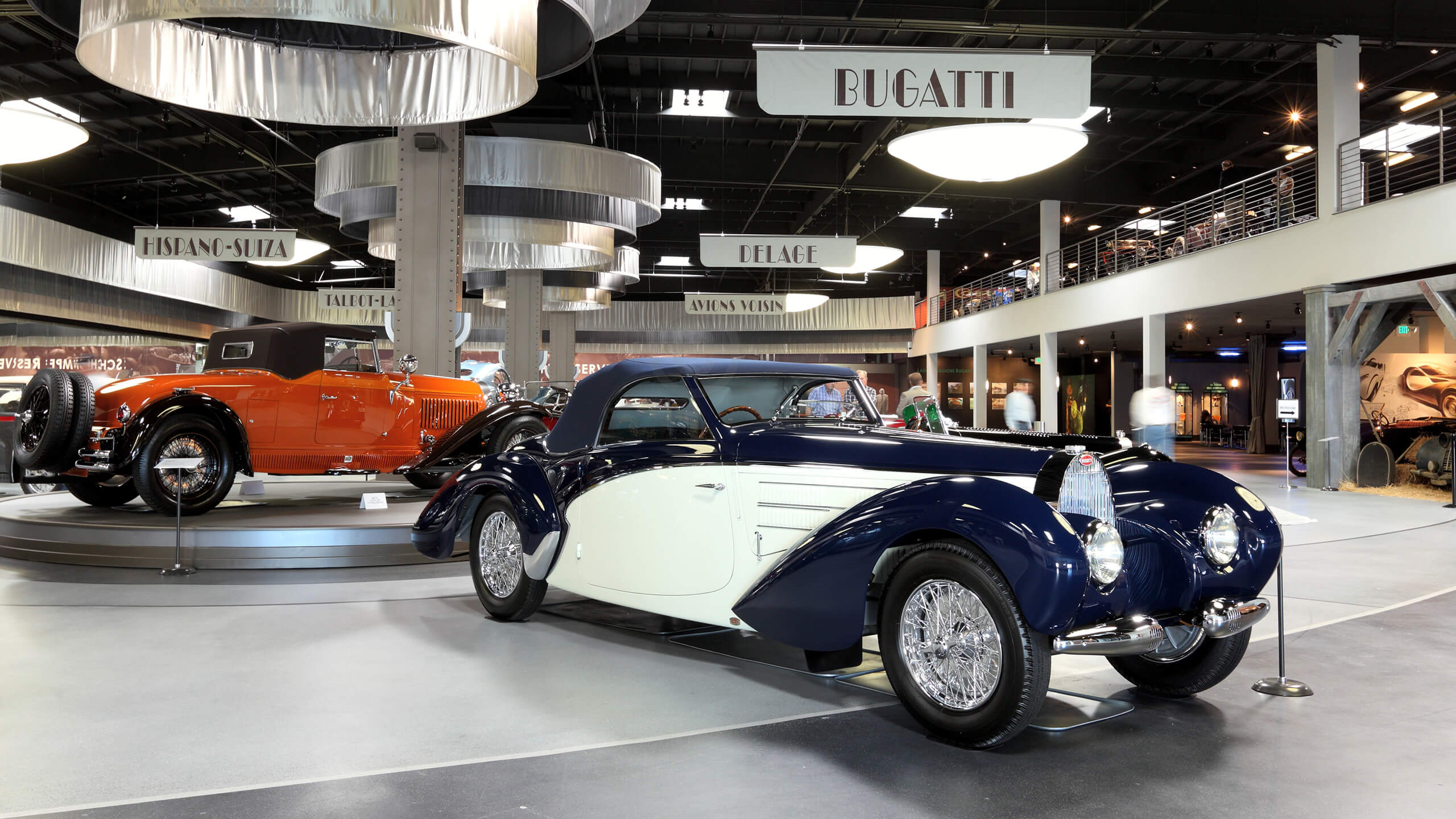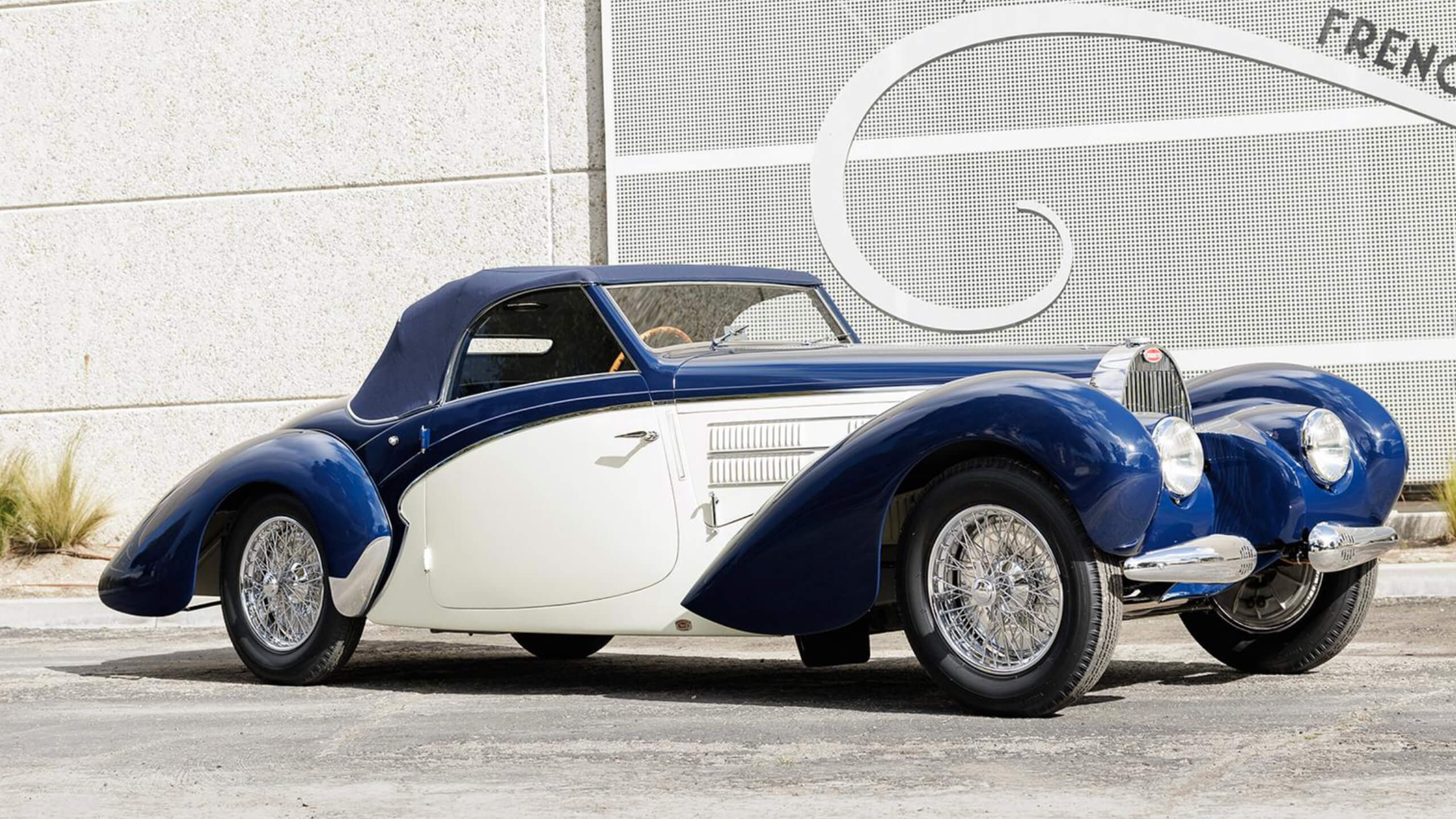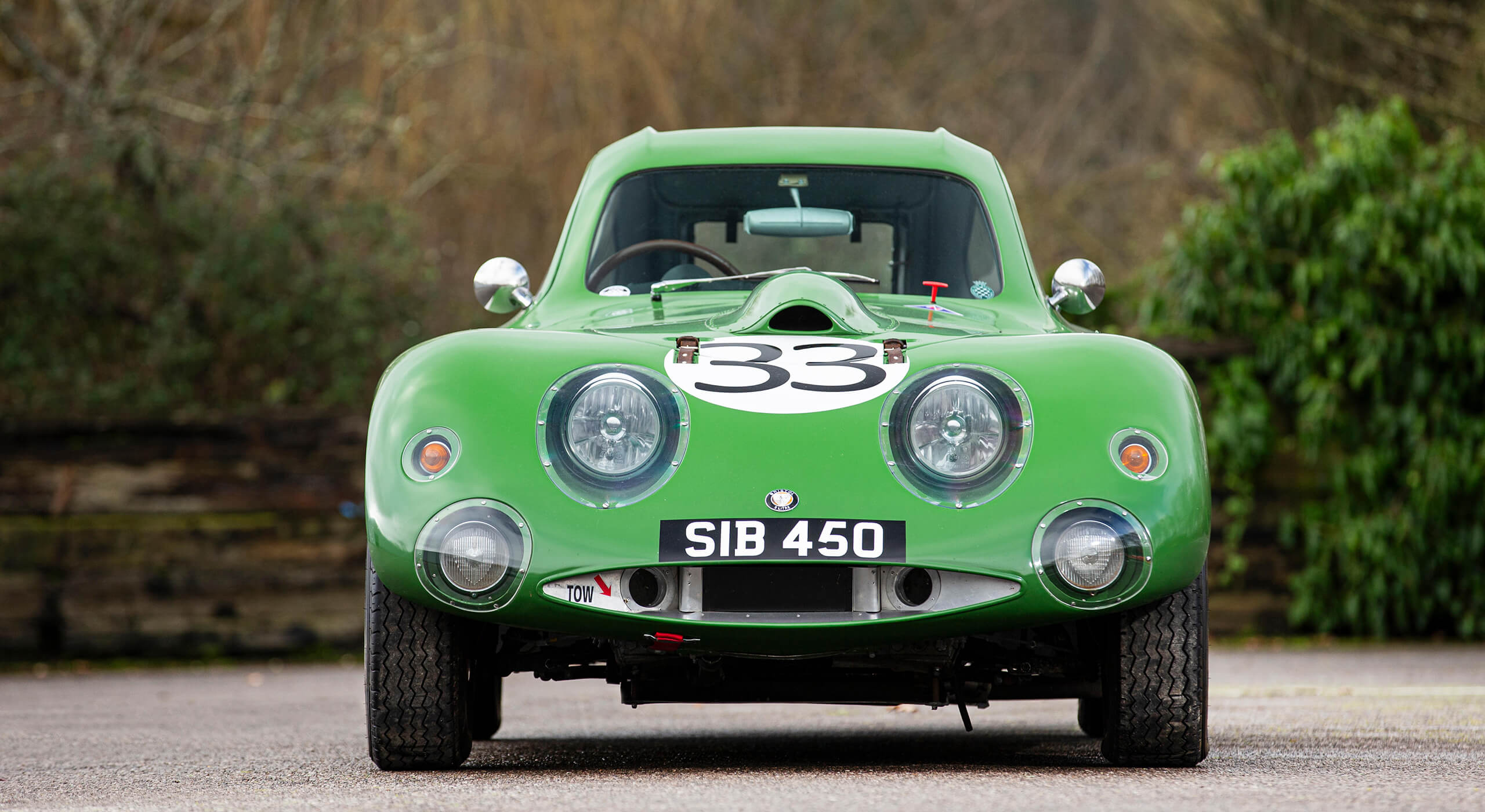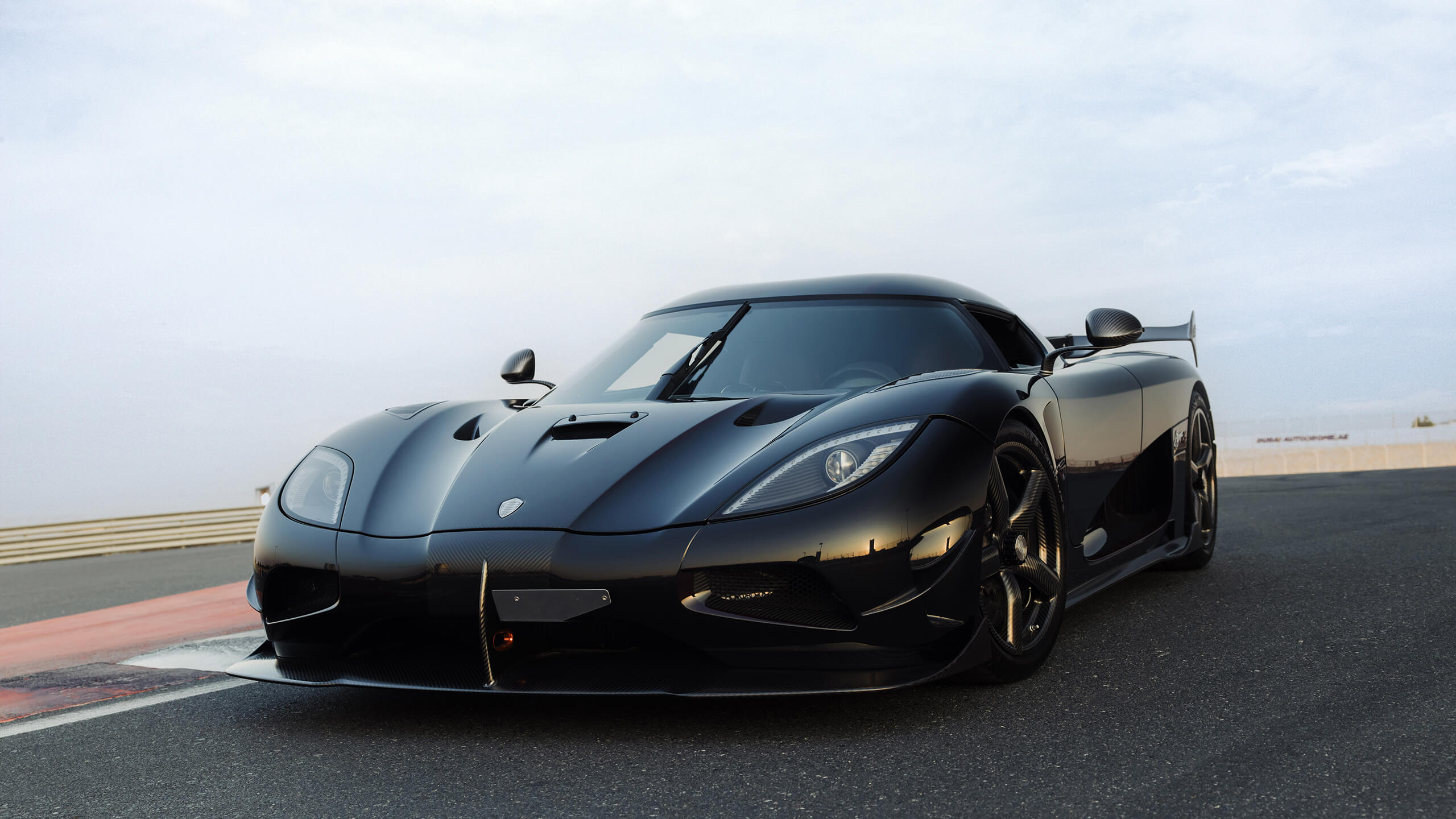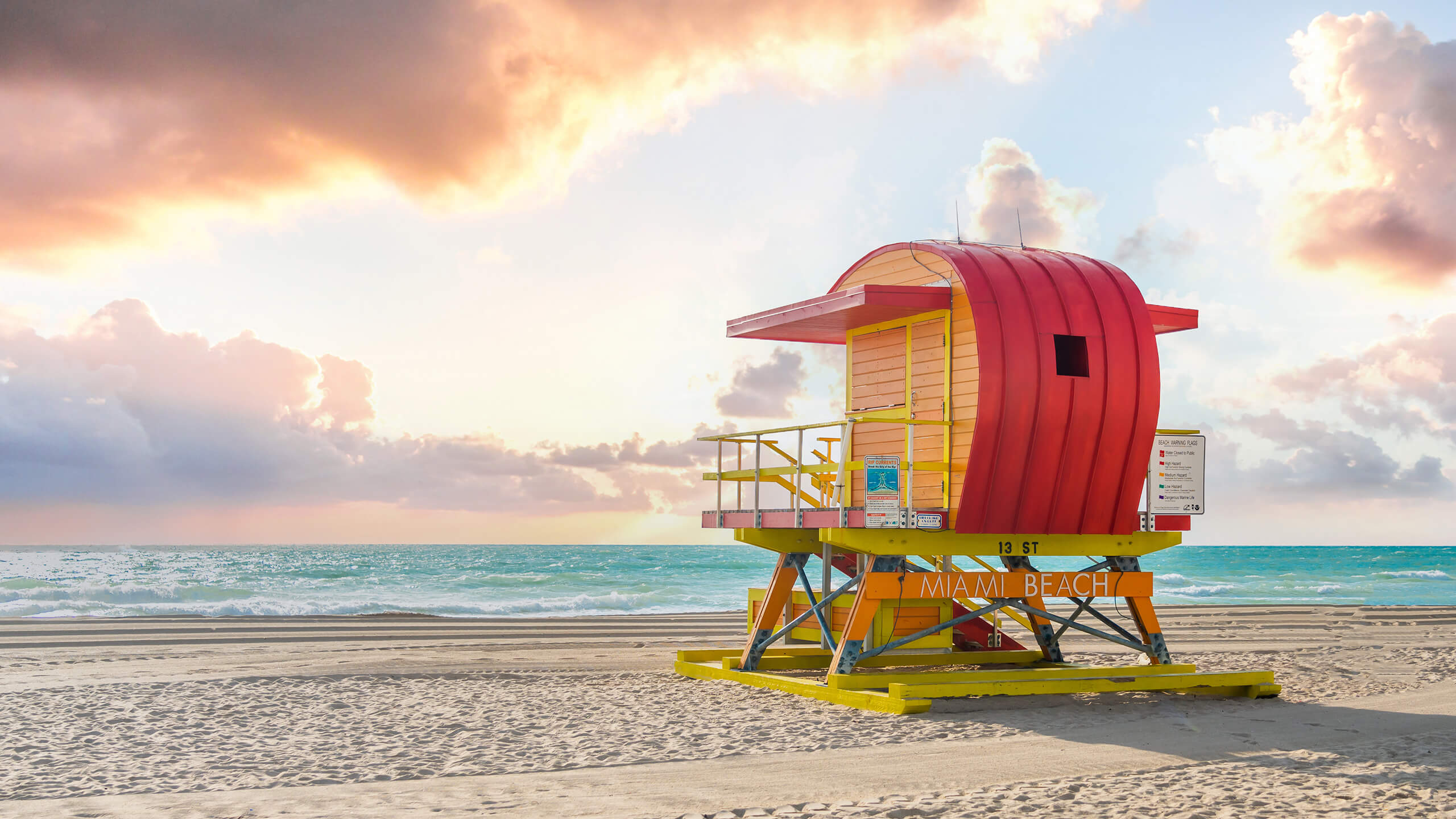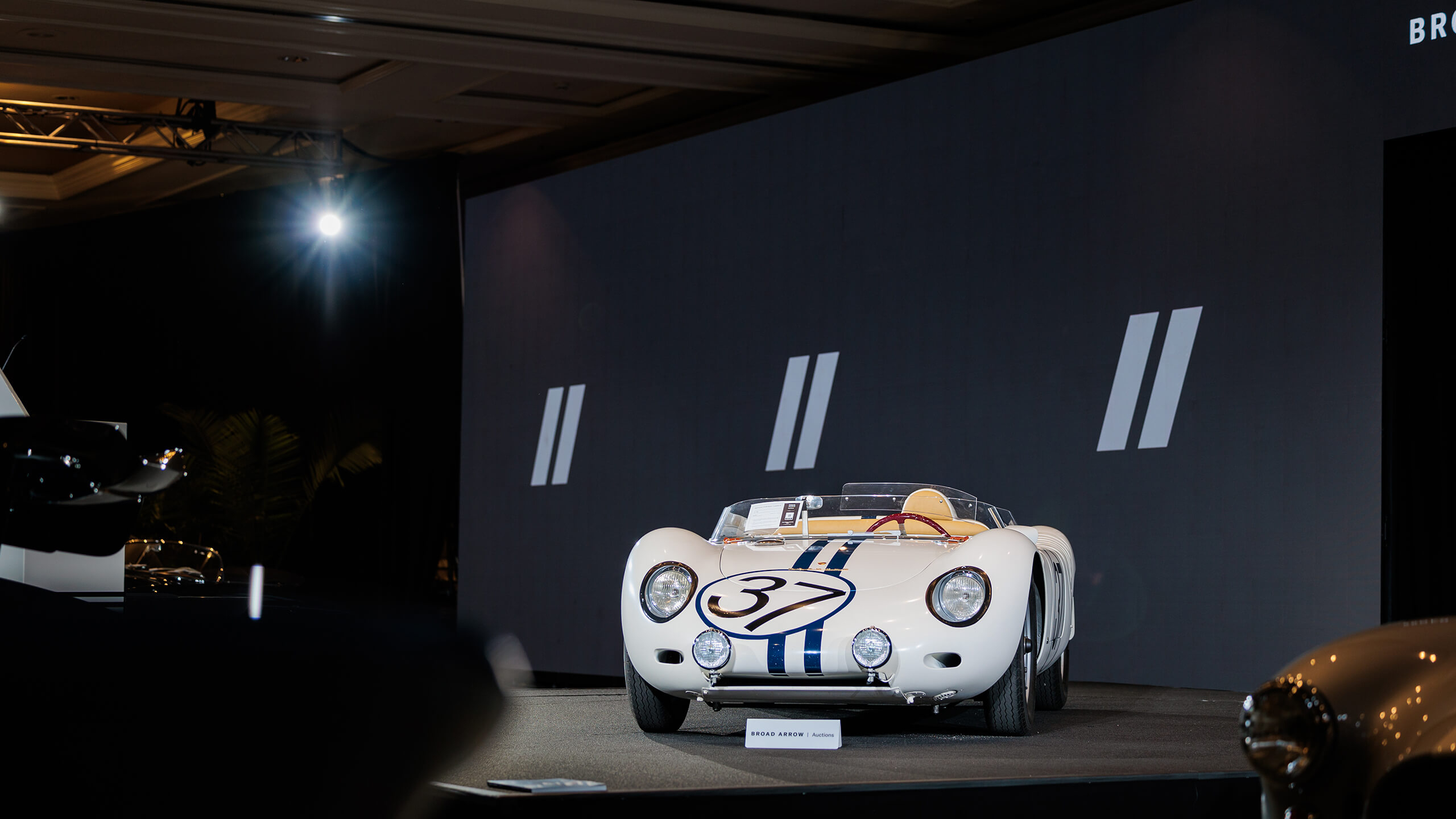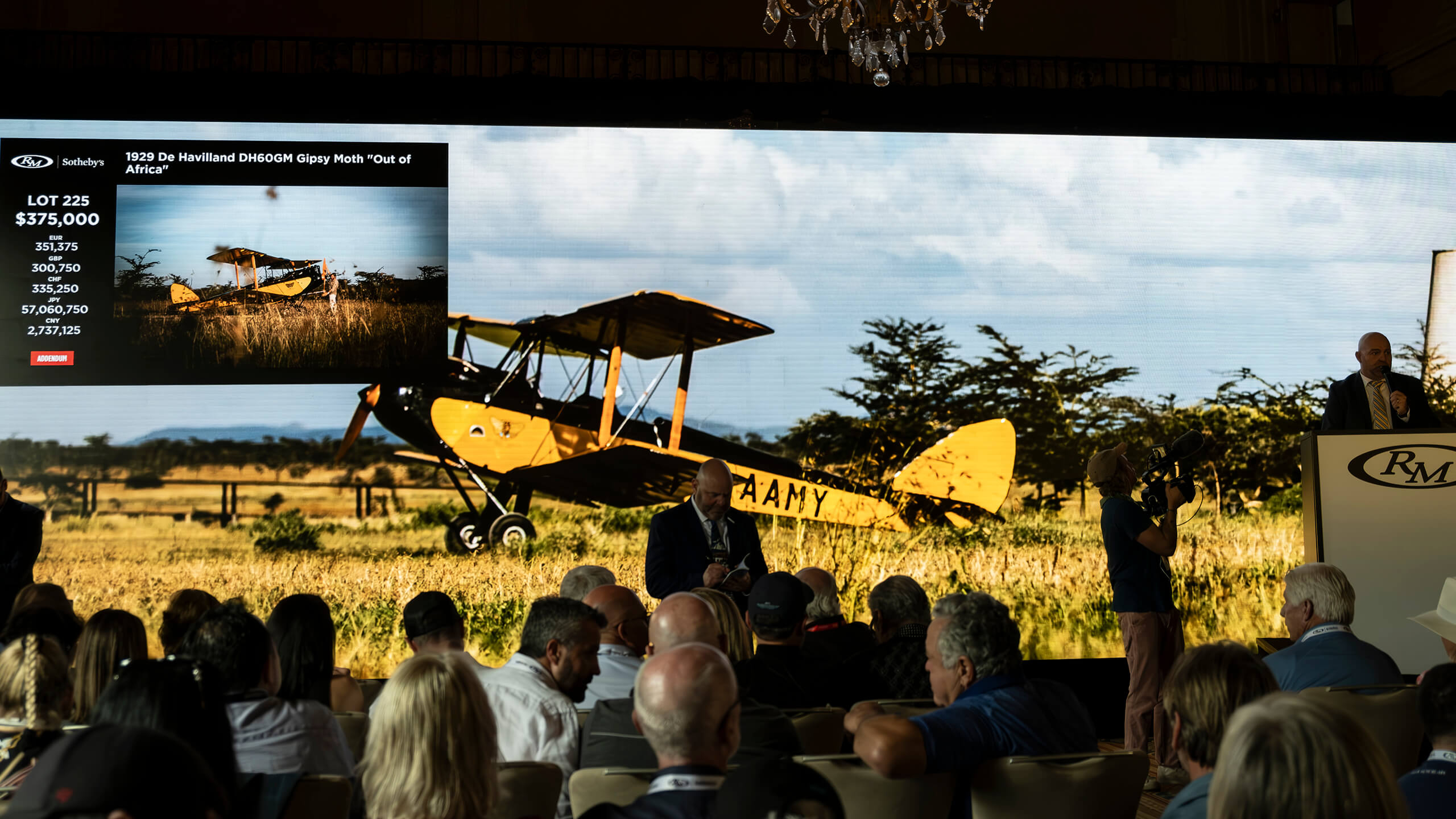(R)Ural Idyll: riding Russian motorcycle combinations in Portugal
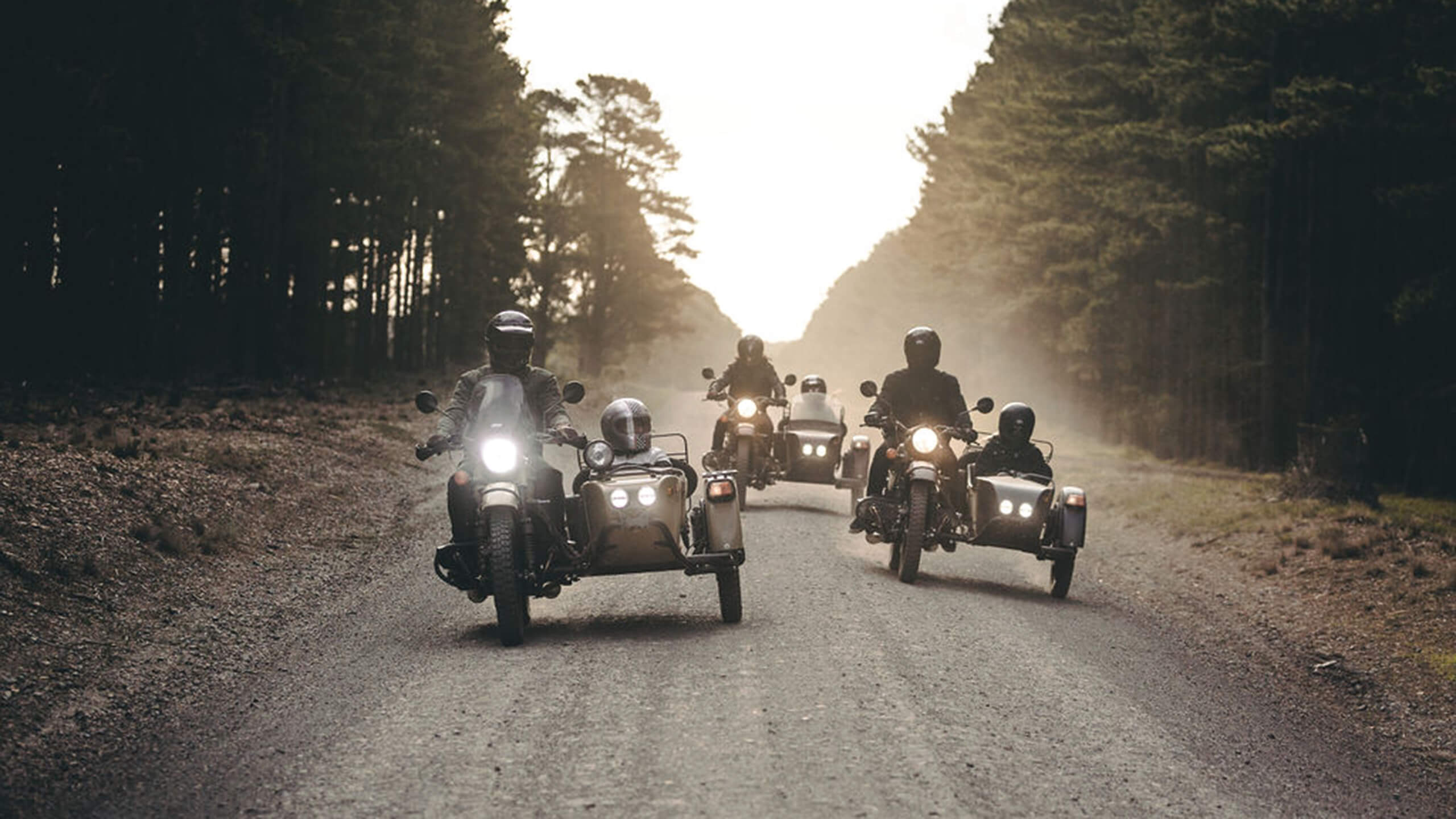
Most people relocate by employing a removal team to shift their belongings from A to B. But such convention wasn't for Rob MacDonald and partner Zayne Dagher, writes Simon de Burton.
When the time came to move 1,300 miles from Amsterdam to their new home in Portugal, they carried their worldly essentials (including their dog) in a pair of Russian-built motorcycle combinations.
As two- (and three-) wheeled fans will know, a 'combination' is the word used to describe a motorcycle with a sidecar attached, a mode of transport once popular with the impecunious family man who couldn't afford anything with a fourth wheel and/or didn't fancy a cyclecar.

These days sidecar manufacturers are few and far between, with the only firm in the world that still produces purpose-built 'outfits' on any sort of scale being Ural, which is based in the Siberian city of Irbit on the windswept, often frozen plains of the Ural mountains.
In Irbit, a Ural combination is the equivalent of the western world's family hatchback and, despite the population having dipped to below 40,000 of late, the place is said to house more than 60,000 motorcycles.
The factory can be found on the outskirts of town and, at its Communist peak during the 1970s, it churned-out as many as 130,000 combinations per year – although the assembly lines have long since closed and the motorcycles are now built by hand.


Ural's existence dates back to the non-aggression pact signed between the Nazis and the Soviet Union which, while it lasted, saw the former hand the latter the necessary plans and tooling to create its own version of the BMW' R71 motorcycle and sidecar combination that the Wehrmacht had rejected as a replacement for the trusty R12 (which was eventually superseded by the R75).
The Russian version of the considered-inferior R71, the M-72, was initially built at a factory in Moscow until the Nazis broke the non-aggression pact and invaded the USSR in 1941 to kick-off the Eastern Front conflict.
Stalin responded by shifting the Ural 'works' to back-of-beyond Irbit in order to prevent everything from being flattened by Luftwaffe bombers – and, when the Nazis began to lose their grip, he coolly marched his men into BMW's Eisenach motorcycle factory, dismantled the R71 production line and took the whole lot back to Siberia.
Close to 3.5 million Urals have since been built to more or less the same, 80-year-old design – albeit with modern upgrades to meet safety and emission standards – and, although annual output has fallen to just 1,200 bikes the Ural combination's unique status as motorcycling's answer to the Mercedes-Benz G-Wagen has gained it a small but loyal following around the world.

MacDonald, a former Royal Marines Lieutenant Colonel, and Dagher, a graphic designer, are such fans of the Ural marque that they were recently appointed as official retailers of the machines with a remit to provide ‘regional support’ to other owners and dealers throughout Portugal, Spain, Ireland and the UK.
In all these places – and even more so in the USA where half of Ural production ends up – the following for the once little-known marque is growing as people begin to appreciate how characterful the machines are and how they encapsulate both a cool, vintage vibe and the type of ‘slow living’ lifestyle that many are choosing to pursue.
The couple's retail role has also inspired them to combine their own love for the rugged Ural combination with the equally rugged countryside around their home in Pombal, a (r)Ural town that's handily situated on the main railway line connecting Lisbon and Porto.
To that end, they have created Gusto Sidecar Adventures, a business offering tailor-made sidecar trips around the region, both for licenced motorcyclists who want a taste of the decidedly different experience of handling a combination, and for non-riders who are happy to take in the sights, sounds and smells from the (relative) comfort of the sidecar.
The fact that Ural combinations are two-wheel drive – a feature that harks back to the original military design and which is essential to their suitability for Russia's ice and snow covered roads – means that they can be ridden on terrain that four-wheeled SUVs might struggle to tackle.

That makes it possible, says MacDonald, for riders and passengers to get out and discover the 'real' Portugal, a country that is rare in allowing motorcyclists almost unrestricted access to the countryside
“Before booking anyone in, we're careful to explain that riding a Ural is not the same as riding a solo motorcycle,” cautions MacDonald.
“They weigh around 360 kilos unladen and can be very tiring for a novice to handle. But we can teach the basic techniques and, once people are confident, we can tailor a sidecar adventure to suit their abilities and to fit in with the aspects of Portugal that they want to discover,” he says.

Alasdair Sykes, the 29-year-old MD of a tech start-up, was similarly enthusiastic about his first trip with Gusto.
“My partner and I went to Portugal for a week's motorcycle touring on a hired BMW. We made a base with Rob and Zayne and spent our days travelling out and back around the region over distances of up to 100 miles – and it really was stunning. The terrain is extremely varied and, because many of the tracks are actually unadopted roads it's possible to use them to use them as a means of exploring villages and towns while also enjoying the fun of trail-riding.”
Although Sykes's partner Aisha spent some of the trip riding pillion on the rented BMW, the highlight for her were the days out in the sidecar with MacDonald at the controls.
“Aisha loves to travel on the pillion, but she can't ride a motorcycle and having someone on the back when off-roading is not really practical - so being able to hang-out as a sidecar passenger with Rob or Zayne was brilliant, because it meant we could go spend the day together out in the sticks. The landscape is really beautiful and full of contrast – it's bordered by the Serra de Estrela [the highest mountain range in continental Portugal] and quickly transitions between historic villages, dense woodland and wide plains.
“It's a remarkable place, and there can be no better way to see it than from a motorcycle and sidecar,” says Sykes.

A 'taster' day costs €150, but bespoke packages for multi-day trips can be created with or without on-site accommodation at Gusto HQ – and, for those who don't want to ride, MacDonald and Dagher will happily act as 'chauffeurs'. So anyone, regardless of whether or not they are able-bodied, can enjoy the special experience of travelling through the Portuguese countryside by Ural.
And as Stalin might have said – it's all about comradeship.
To learn more, see gustosidecaradventures.com
Photos by Gusto Sidecar Adventures


